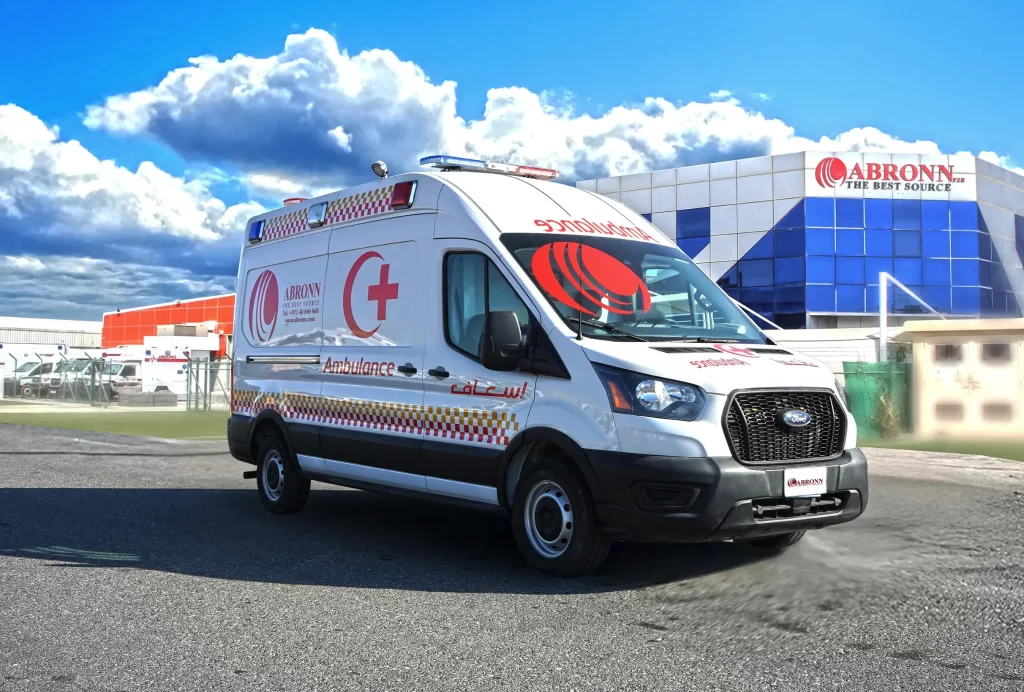
Electric and Eco-Friendly Ambulances: Driving Towards a Sustainable Future
In this day and age, with sustainability being more important than ever, every industry is finding ways to reduce its devastating impact — from mining to manufacturing and beyond. Although the healthcare sector may not be the first to come to mind, it too must evolve. A step in the right direction is the integration of electric and eco-friendly ambulances. These vehicles not only provide quick medical response but also contribute to a greener world.
Electric Ambulances: Why They Matter
Electric ambulances are not a fad; they represent a major advancement in emergency medicine. Here are the standout benefits:
No Emissions
Traditional ambulances run on fossil fuels, which pollute the environment. Electric ambulances, on the other hand, emit zero pollution. This helps improve air quality and reduces the carbon footprint. Over time, they also provide significant savings for fleet owners.
Cost-Effective
With smart energy management, these vehicles offer long-term cost savings. Charging an electric ambulance is cheaper than refueling a traditional one, making it a savvy financial decision for hospitals.
Battery Swappable Electric Ambulances
Electric ambulances are a massive leap forward for emergency healthcare. Here’s why:
- Zero Emissions: Traditional ambulances emit harmful pollutants. Electric ambulances produce no exhaust, improving air quality and reducing our environmental footprint.
- Cost Efficiency: Electric ambulances consume less energy and are cheaper to operate over time.
- Advanced Safety Features: These vehicles are equipped with high-end safety technology to protect both patients and paramedics during transport.
- Quieter Operation: Unlike traditional engines, electric ambulances operate silently. This reduces noise pollution and fosters a quieter environment for patients during transit.
Join the Movement
Organizations, governments, doctors, hospitals, clinics, and emergency response teams should adopt eco-friendly vehicles. The benefits are immense — both for their operations and the planet.
Wrapping it Up
Converting ambulances to electric is not just about changing how we transport patients. It’s an investment in our collective health and the future of our planet. Together, we can reduce our environmental footprint while improving patient care.
